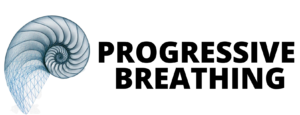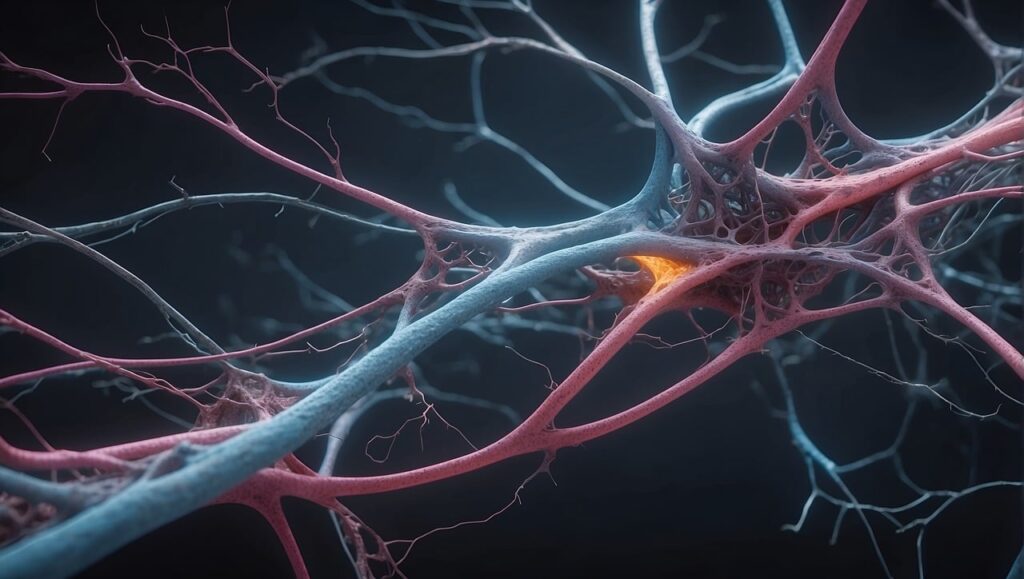The Detriments of Chronic Mouth Breathing to the Nervous System: Impact on the Fight, Flight, or Freeze Response
Chronic mouth breathing is more than a simple habit; it has profound effects on the nervous system, particularly in how the body regulates the fight, flight, or freeze response. Mouth breathing disrupts the body’s natural processes of respiration and can lead to a chronic state of heightened stress, impacting both the autonomic nervous system and overall health.
How the Nervous System Works
The human nervous system is divided into two main parts: the sympathetic nervous system (SNS) and the parasympathetic nervous system (PNS). The SNS is responsible for activating the fight, flight, or freeze response when the body perceives a threat. This evolutionary mechanism prepares the body to react to danger by increasing heart rate, raising blood pressure, and releasing stress hormones like cortisol and adrenaline.
In contrast, the PNS is responsible for the body’s rest and digest functions, helping to calm the body after a threat has passed. It promotes relaxation, digestion, and healing, which are essential for maintaining health and balance in the body. Nasal breathing, especially deep diaphragmatic breathing, stimulates the PNS, promoting relaxation and reducing stress. However, mouth breathing disrupts this delicate balance, keeping the SNS activated for prolonged periods.
Chronic Mouth Breathing and the Nervous System
When mouth breathing becomes habitual, it consistently triggers the sympathetic nervous system. Unlike nasal breathing, which naturally slows the breath and encourages deep, diaphragmatic respiration, mouth breathing often leads to shallow, rapid breaths. This type of breathing tells the brain that the body is in a state of stress or danger, even when no actual threat is present. The body begins to live in a near-constant state of fight, flight, or freeze, which can have long-term detrimental effects on overall health.
Overactivation of the SNS due to mouth breathing floods the body with stress hormones such as cortisol and adrenaline. Elevated levels of these hormones are linked to chronic stress, anxiety, and other mood disorders. The body, instead of operating in a balanced state, becomes stressed and tense, even in situations where calm should prevail.
Impact on the Fight, Flight, or Freeze Response
The fight, flight, or freeze response is designed to be a short-term survival mechanism, but chronic mouth breathing keeps the body in this mode for extended periods. When the SNS is overactive:
- Increased Stress and Anxiety
Mouth breathing keeps the body in a state of heightened alertness, causing chronic stress and anxiety. The body remains on guard, unable to properly relax and recover, which can lead to anxiety disorders, panic attacks, and heightened emotional reactivity.
- Weakened Parasympathetic Response
Prolonged mouth breathing dampens the ability of the parasympathetic nervous system to function properly. This reduces the body’s ability to enter rest and digest mode, hindering relaxation, sleep, and recovery. Without regular activation of the PNS, individuals may experience poor sleep quality, difficulty unwinding, and increased susceptibility to stress-related illnesses.
- Impaired Emotional Regulation
The chronic activation of the SNS can disrupt the body’s ability to regulate emotions. People may find themselves easily agitated, prone to frustration, and less capable of managing stress. Emotional resilience diminishes over time, leading to mood swings and difficulty coping with everyday challenges.
- Increased Risk of Depression
Constant stress caused by an overactive SNS can eventually deplete the body’s energy reserves and suppress mood-regulating neurotransmitters like serotonin. This imbalance can contribute to depression and feelings of hopelessness. Chronic mouth breathers often struggle with emotional well-being, as they are unable to shift out of the stressed state.
- Physical Health Consequences
Beyond mental and emotional health, chronic activation of the fight, flight, or freeze response can lead to physical health problems. These include high blood pressure, weakened immune function, digestive disorders, and chronic inflammation. The body is unable to fully recover and heal due to its prolonged exposure to stress hormones, making individuals more prone to illnesses and slower to recover from injuries.
How Nasal Breathing Reverses the Effects
Switching from mouth breathing to nasal breathing can help rebalance the nervous system by activating the parasympathetic response. Nasal breathing encourages slower, deeper breaths, which calm the body and mind, reduce stress hormone levels, and promote relaxation. It helps regulate the fight, flight, or freeze response, allowing the body to return to a state of rest and healing.
Through nasal breathing, the body can return to its natural rhythm, restoring balance between the sympathetic and parasympathetic nervous systems. This promotes better mental, emotional, and physical health, offering a powerful antidote to the detrimental effects of chronic mouth breathing.
Restore Balance
Chronic mouth breathing keeps the body in a constant state of fight, flight, or freeze by overactivating the sympathetic nervous system. This leads to elevated stress levels, impaired emotional regulation, and weakened physical health. Nasal breathing offers a simple yet effective way to restore balance to the nervous system, supporting mental clarity, emotional well-being, and overall optimal health.
Here is 3 Free Nasal Breathing Practices to regulate your Nervous System.



